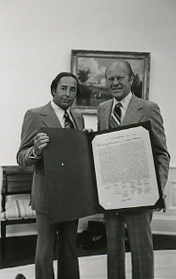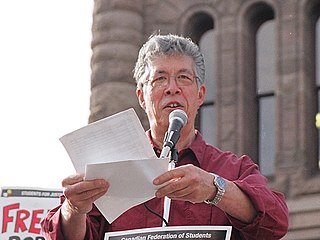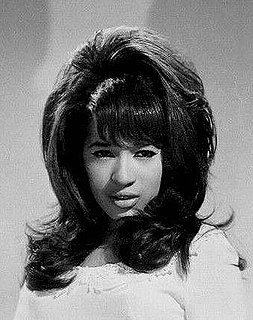A Quote by Bill Gates
If I'd had some set idea of a finish line, don't you think I would have crossed it years ago?
Related Quotes
I think the film [Aquarius] comes from that original feeling I had 18 years ago, when I was in a São Paulo supermarket. I was in line to pay for something, and when I looked up, I saw the little windows of a projection booth. That's when I realized the supermarket used to be a movie theater. They didn't even bother to change the walls. Years ago, "The Sound of Music" could've been playing in that space.
I would love to say that the world is changing in the movie industry for people of color, women, the LGBTQ community and other minorities since I began my career, and that we are evolving as a species, but I think that given this social and political climate, I'm at a loss. It's like running a marathon and thinking you're halfway done and you can see the finish line - but the finish line is actually the first checkpoint.
What happened was I was invited to meet Tom [Hardy] to discuss a project that he had in his mind about an adventurer who returns to England from Africa with secrets and with a history, and the original idea was set some 80 years later than it is now. But in the conversation I really took to the idea and I'd wanted for a while to set something in 1830 and 1840 in London, so it struck a chord.
But this man had set down with a hammer and chisel and carved out a stone water trough to last ten thousand years. Why was that? What was it that he had faith in? It wasn't that nothin' would change. Which is what you might think, I suppose. He had to know better'n that. I've thought about it a good deal. . . And I have to say that the only thing I can think is that there was some sort of promise in his heart. And I don't have no intentions of carvin' a stone water trough. But I would like to be able to make that kind of promise. I think that's what I would like most of all.




































